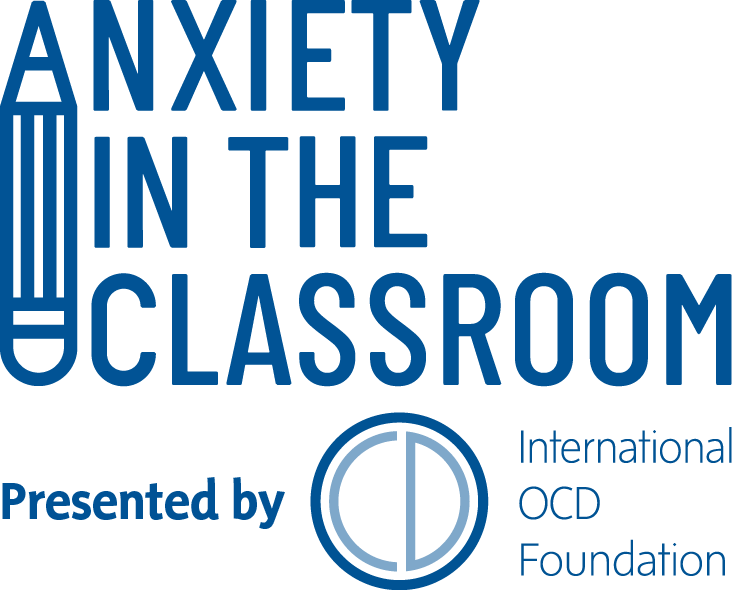How to Find Treatment and Support
Finding a therapist who can diagnose and effectively treat anxiety and/or OCD in kids and teens is a challenge for many caregivers and families.
What makes it so difficult?
- Hiding symptoms: Some children may choose to hide their symptoms, often in fear of embarrassment or because they just don’t understand what is happening. This can lead many kids, teens, and even adults with mental health conditions to not ask for help until many years after symptoms begin.
- Lack of proper training in mental health professionals: Children with anxiety/OCD can sometimes get the wrong initial diagnosis from health professionals who lack experience or specific training in anxiety/OCD, and may wind up seeing many doctors and therapists over the course of several years before finally getting the right diagnosis. For example, ADHD and autism spectrum disorders can have similar symptoms, but require very different treatments than OCD.
- Difficulty finding local therapists who can effectively treat anxiety/OCD in children and adolescents.
- Not being able to afford proper treatment.
If your child has OCD, check out the IOCDF’s Resource Directory to see if there are any OCD specialists in your area. If your child has anxiety, or any other mental health condition, check out Psychology Today’s therapist directory.
Depending on where you live, you likely will get more than one result. There are many factors to consider when choosing a therapist for your child – in addition to practical matters (such as whether they accept your insurance, how convenient their office is for you to get to, and so on), you also need to make sure that the therapist is someone who you and your child will feel comfortable working with.
Picking a Therapist
Remember that you have every right to interview mental health professionals before making a decision about who to see. If the professional is guarded, withholding of information, or angry at requests for more information, you should probably look elsewhere. Below are some examples of good interview questions to ask a potential therapist for your child.
For families who may not have access to experts
- Consider having your child/adolescent join a support group either online, face to face , via phone.
- Reach out to local universities for treatment programs with student trainees.
- Contact OCD experts and ask about sliding scale fees.
- Try joining a treatment group.
- Check out Books and APPS that may be helpful.
- State agencies can also cover treatment (public health department, youth and young adult services)
Remember to take care of yourself!
Having a child with anxiety/OCD can be difficult for the whole family, and family members may find it helpful to access support of their own. Support groups for caregivers or siblings are excellent options, as are seeing your own therapist or having sessions with your child’s therapist that are just for you, if they are willing.



